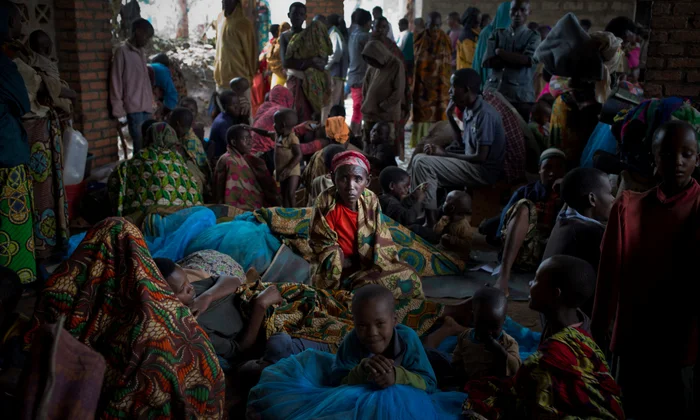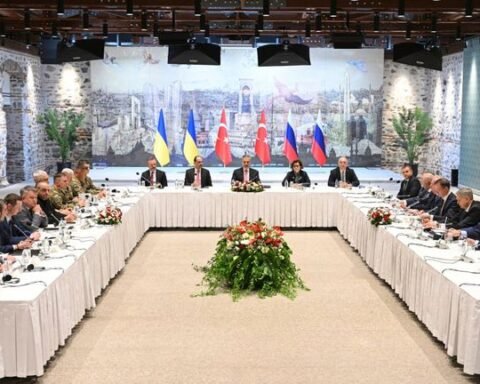A new chapter of reconciliation is unfolding in the Great Lakes region as more than 500 refugees have returned home after years of displacement, in what international observers are calling a significant breakthrough for regional peace.
The United Nations High Commissioner for Refugees (UNHCR) confirmed that 533 Rwandans crossed the Grande Barrière border earlier this week under a voluntary repatriation program jointly organized by the governments of the Democratic Republic of the Congo (DRC) and Rwanda. They were received at a transit centre in Rusizi District, where arrangements for reintegration, including housing and community support, are already underway.
UNHCR chief Filippo Grandi described the operation as “a milestone in restoring dignity to families who have been living in uncertainty for too long.” He stressed that all returns must remain voluntary and safe, echoing the principles of international protection law that safeguard refugees from forced displacement.
The repatriation is part of a wider commitment agreed during tripartite talks in Addis Ababa, where Congolese and Rwandan officials pledged to collaborate more closely on refugee solutions. This rare diplomatic progress comes against the backdrop of ongoing instability in eastern Congo, where armed groups such as the M23 continue to displace thousands of civilians and spark humanitarian crises.
For the returnees, the journey home carries deep emotional meaning. Many had fled Rwanda during past cycles of unrest, while others were born in exile and are now setting foot in their ancestral homeland for the very first time. “We are not just crossing a border—we are reclaiming our lives,” one returnee was quoted as saying at the reception centre.
Also Read; India Defends Oil Trade Amid Western Criticism
Beyond the symbolic nature of this week’s event, experts warn that sustained support will be essential if the repatriation effort is to succeed. Reintegration requires not only shelter and basic services but also social acceptance within communities that have been shaped by decades of displacement. Humanitarian agencies argue that education, healthcare, and livelihood programs must go hand in hand with political reconciliation if lasting peace is to take root.
This moment also places renewed responsibility on regional leaders. The Great Lakes has long been one of Africa’s most volatile zones, where porous borders and shifting alliances fuel recurring cycles of conflict. With peace agreements still fragile, the return of refugees is being watched closely as a barometer of whether recent commitments will translate into stability.
While challenges remain, the sight of hundreds of families finally returning home after years of uncertainty has brought cautious optimism. It represents not only the resilience of those who endured exile, but also the possibility of a more hopeful future—one where borders no longer separate people from the place they call home.







